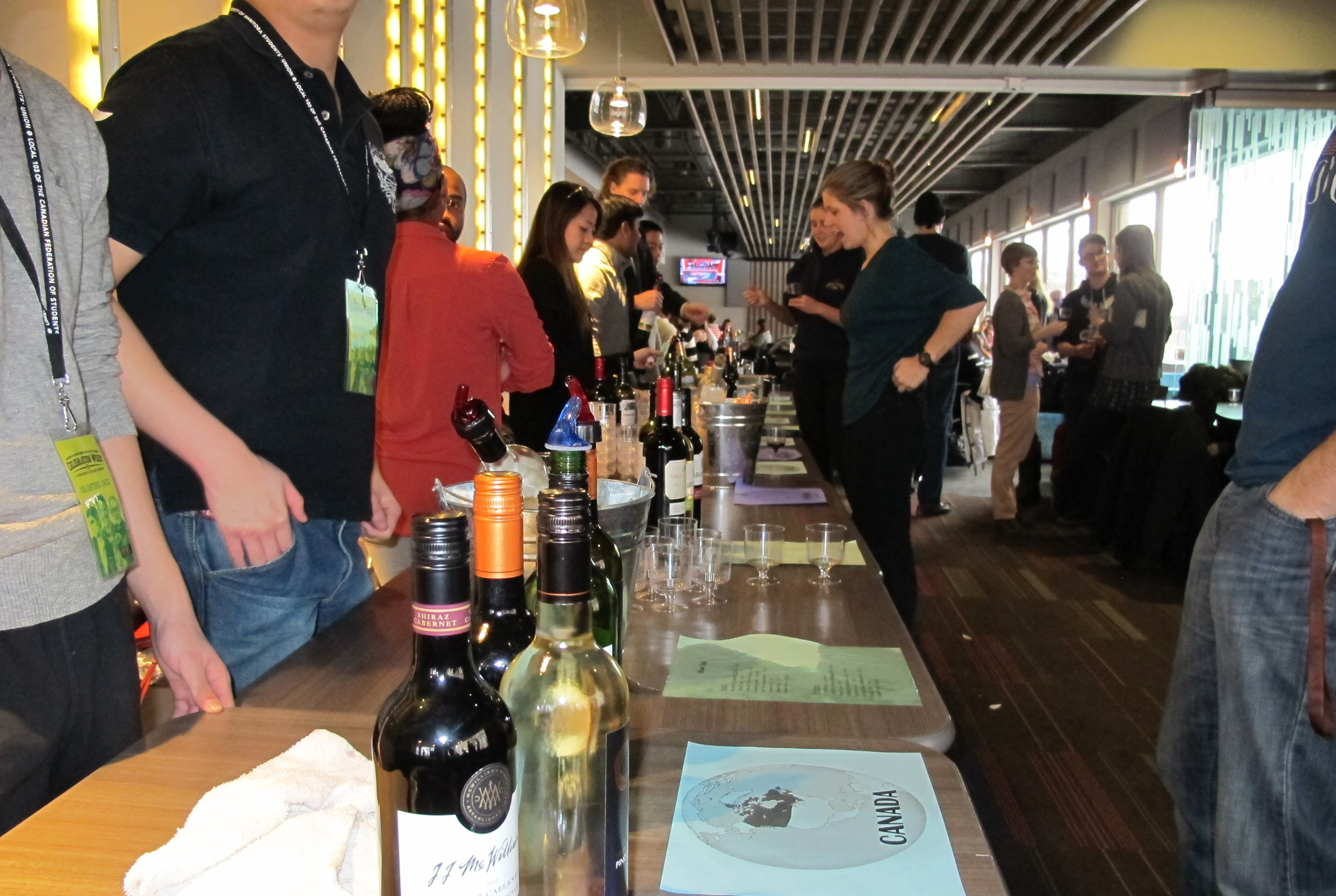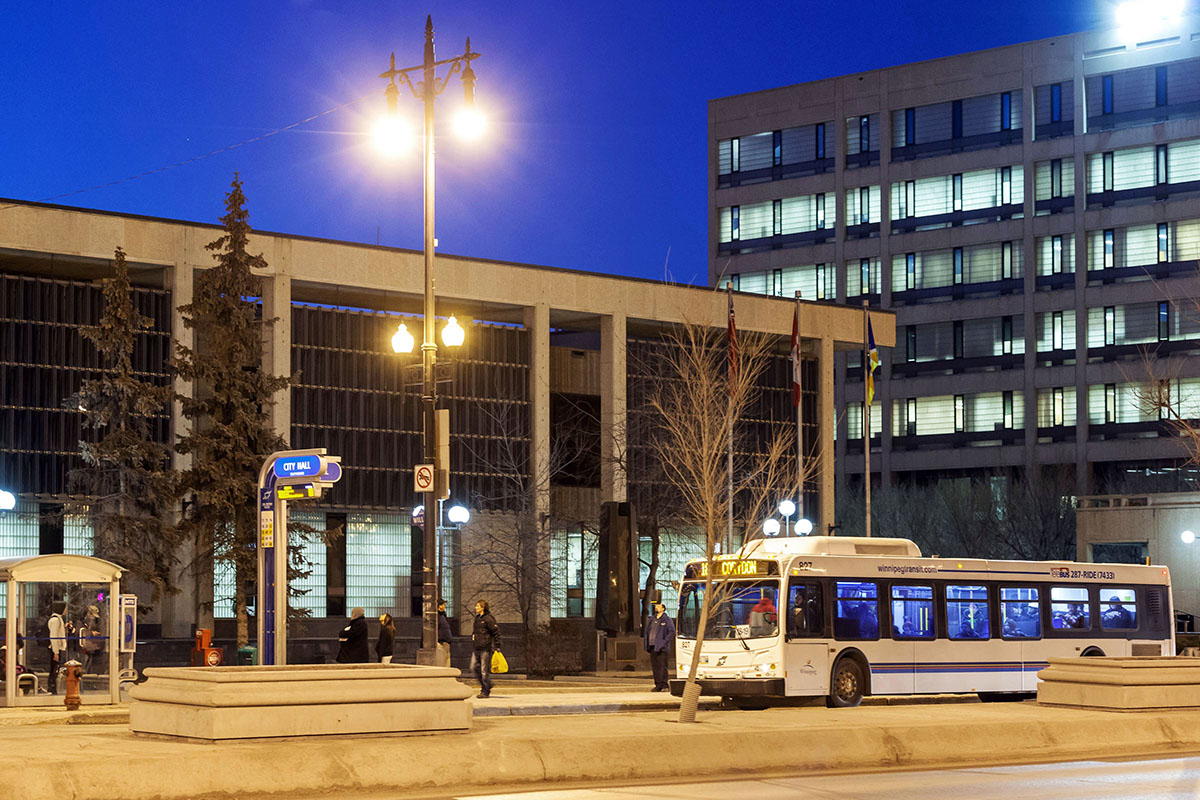The University of Manitoba is working to become more student centred in order to enhance the experience of studying at the institution.
U of M vice-provost (students) Susan Gottheil explained said that most institutions across North America are discussing how to be more student-focused in order to attract and retain more students.
“I think that is the million dollar question: what would we need to do to enhance the student experience?” said Gottheil
“The answer is that just about everything that we do on campus, whether it’s inside the classroom or outside the classroom, [ . . . ] enhances the student experience,” said Gottheil.
Gottheil spoke of challenges facing every university in terms of meeting students’ needs including a changing student population, resource limitations and high dropout rates of first year students at a town hall meeting Nov. 2.
“Students that are with us have other responsibilities [ . . . ] so they are with us in our classrooms, but they’re also thinking about other things all the time. They really aren’t prepared to spend time becoming more engaged in the life of our community,” she said.
Gottheil said that space constraints and high student-faculty ratios also pose a challenge.
“Many of our programs are actually very large. Students are sitting in large sections and often don’t speak to anyone else and don’t connect with their peers.”
Furthermore, technology is increasingly playing a bigger role in the learning environment as students now expect 24-hour service delivery and a lot more communication, she explained.
“Students are looking for a high-tech, but they are also looking for a high touch. [ . . . ] They want personalized attention at the same time as they’re sitting in very large classes,” she said.
She noted that in order to increase student engagement, the university needs to get online, where students are most engaged.
“I think that we haven’t leveraged that very well. [ . . . ] Most large campuses across North America are looking at how to leverage technology and how to use it for more interactive communication without infringing on privacy of students,” said Gottheil.
“I don’t think we communicate well with our students,” she continued.
Gottheil explained the university’s plans to purchase software which would segment students into different categories in order to target who emails are being sent to.
“When you have more than 30,000 people on your campus it’s hard to think that you’re going to be very personalized but you can be, and we know that technology can let us do that,” she said.
University of Manitoba Students’ Union (UMSU) president Heather Laube felt that there will always be some communication barriers between the administration and UMSU; however, she said these are usually overcome with some effort from both parties.
“In many ways UMSU has a very effective working relationship with the central administration, as well as various academic and non-academic units across the university.”
A specific initiative being explored is to provide research opportunities for undergraduate students. Gottheil said that by engaging undergraduate students in faculty research it gives them a chance to contribute.
“It also opens the door to demystifying graduate and professional schools and enables students to see they can make a difference through research,” she continued.
Gottheil emphasized that although it may be a long process, the university is committed to the project.
The ROSE (Resource Optimization and Service Enhancement Project) and OARS (Optimizing Academic Resources) are also part of the university’s strategy to improve its services and programs for students
within budget limits.
During the town hall meeting, U of M president David Barnard noted that the focus of the working groups involved has been to review academic rules and regulations, as well as recruitment and retention strategies. In doing so they hope to simplify the university’s services and systems, making them easier for students to use.
“There has been a major review of U1 and some recommendations to increase student choice and to provide more integrated student support services,” he said.
“There are a lot of things that we do well for our students, but we are not uniformly as good as we would like to be in a number of areas,” he said.
The student experience means something different for every person that comes to the U of M, according to Laube.
“Students know best what students want, and that’s why it’s important
for us to champion the ability of student organizations and groups to work on projects that better the student experience for everyone,” she said.
“Overall I think the most useful improvement would be for the university administration to be more consistent in asking students and their representatives what they think instead of assuming they know what students want,” said Laube.
Laube said UMSU is glad the university has put the “student experience” as one of its major guiding principles, but pointed out that there is a long way until the U of M reaches its potential as a community campus.




